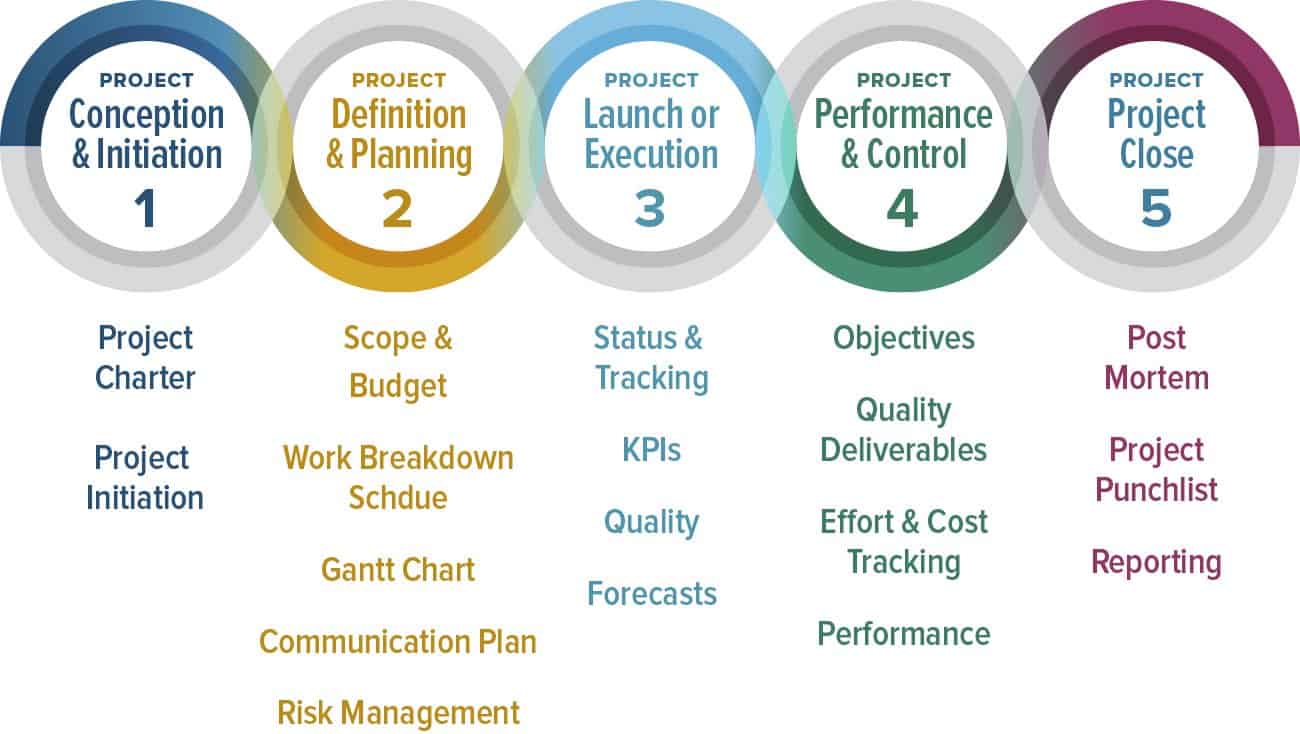Project and
routine work has a different. In a project, all stakeholders and resources
will work to achieve a goal in certain time limits with a certain resource. Project is unique because the problem in Project A will not the same
as the problem in Project B. That’s why in projects, we know about the lesson learned
and benchmarking. In routine, the sample of these activities mostly like manufacturing industries. We already have work instructions and procedure which is already proved by the researcher or the expert. As long as we follow the work
instruction and procedure, the damage/repair and rejected parts can be
eliminated.
There are 3
major different stages for Project Life Cycle :
First is
Initiating. In this phase, we will do preparation for all of the things in
projects include legal documents, contract and scope and decision for the aim
of projects.
Second is Do
The Project : Planning, Controlling, Executing.
After
initiating, we will start to do planning include Detailed Engineering Design,
material preparation, work methods, and resources preparation. After planning,
we will do control for all of the steps we took, control the quality, quantity,
work method to assure the things up to the client's expectation. Planning,
controlling and executing can come in a loop if in between there are any additional
works from clients or addendum for the contracts.
Third is
Closing.
After the
project finish, closing all of the quality documents, and any other documents
are one of important things in projects. In this stage, the contractor will start to turn over the key to the owner and the maintenance day calculation started from
that time. In this phase, all of the stakeholders will state the results of
the contractor’s work. Is it meet up with their expectations or no.
Here the video explain How to become a PERFECT PROJECT MANAGER.
Here the video explain How to become a PERFECT PROJECT MANAGER.
To become a project manager, a person needs to
possess some skills like have to have a
good personality as well in technical competences, contextual competences and
behavioural competencies have knowledge in communication skills,
organizational skills, budgeting skills, problem-solving, negotiation and
influencing, leadership, team building, and Human Resources. All of this
knowledge and practices of these skills will give a big impact on projects.



No comments:
Post a Comment